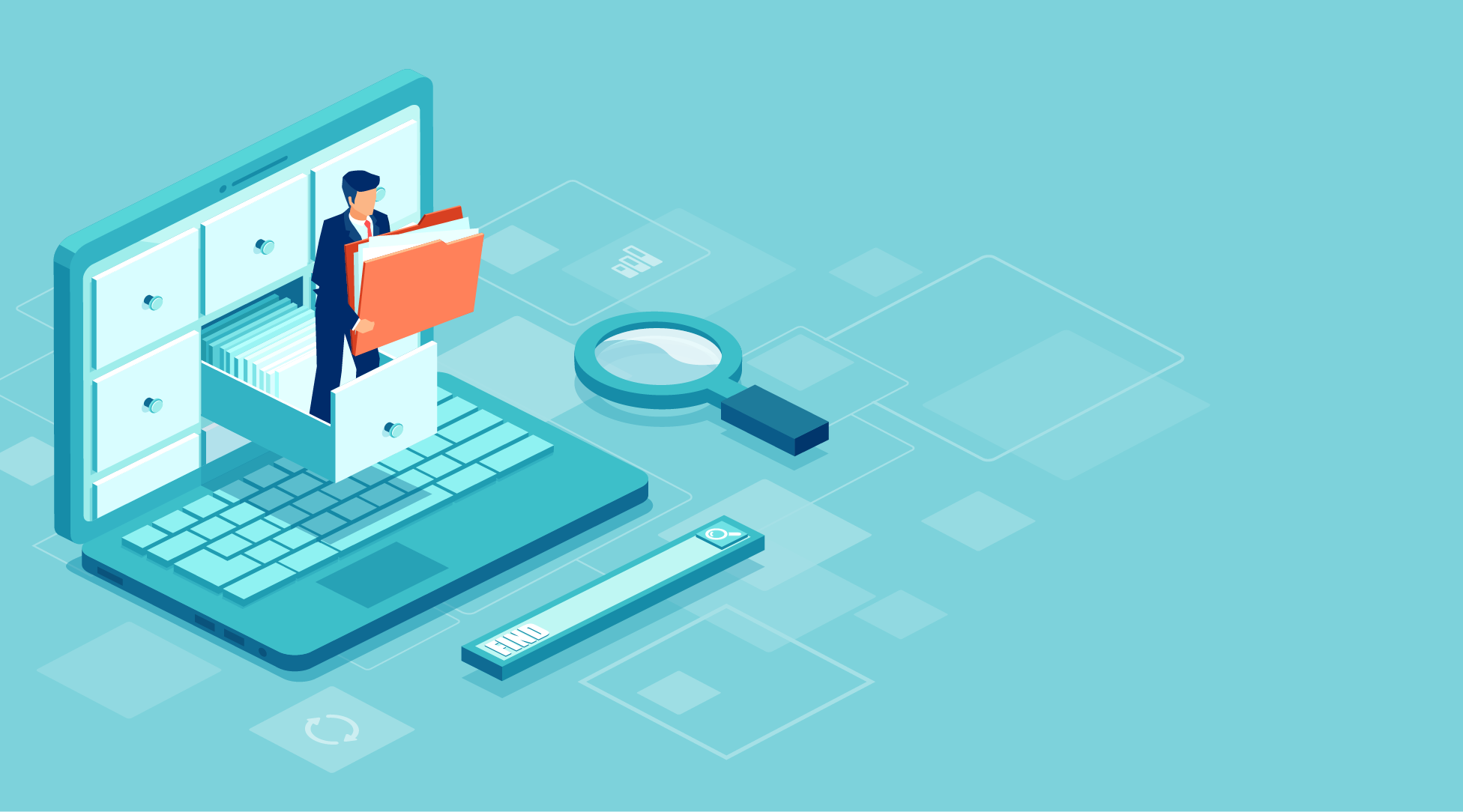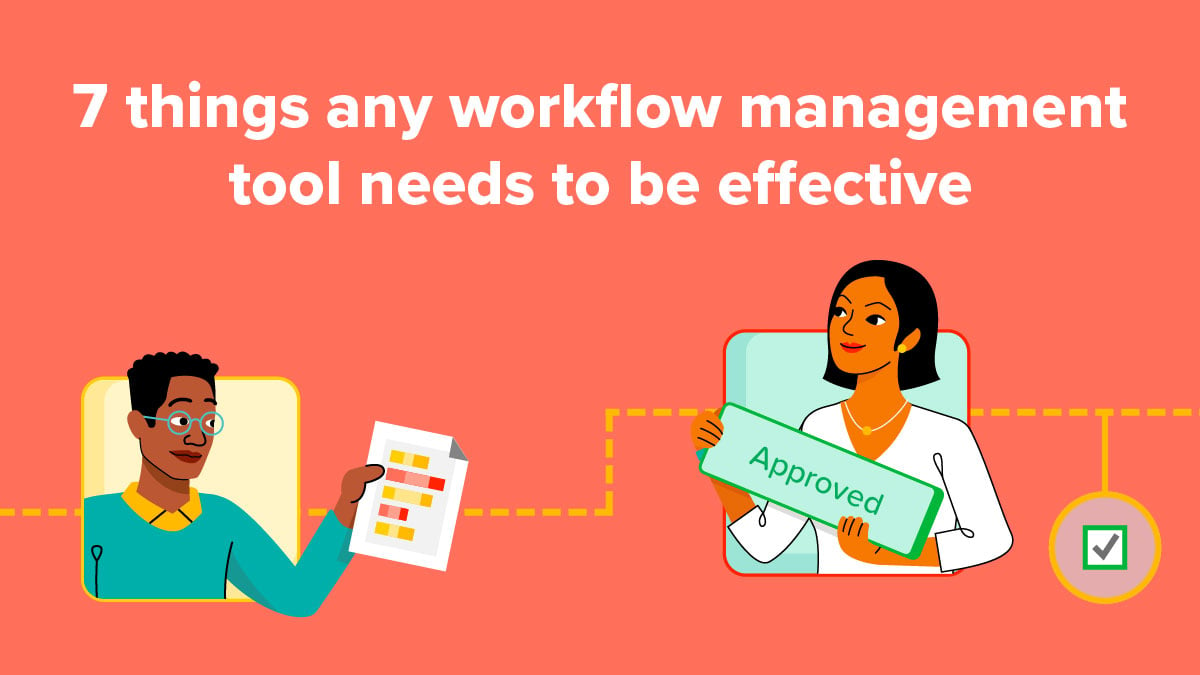Now that you’ve read the title of this article, you’re probably thinking to yourself “Seriously? Out of everything the world needs right now, a database is your first choice?” – but hear us out.
We see databases used in our everyday lives, from companies storing customer information to the government tracking the entire population of the United States. These databases are the reason that Starbucks can send you personalized offers or why Facebook can show an ad for a pair of shoes you’ve been eyeing.
More importantly than digital advertisements and fancy coffee orders, databases play a key role in our national discourse and present the opportunity to solve more serious issues.
Recently, the Vermont chapter of the American Civil Liberties Union (ACLU) launched a database to track problem police officers. Through this database, the Vermont ACLU can track officers’ behavior patterns whose actions include lying, bias, or theft among other behaviors. Tech giant Oracle also just announced its plans to create a national health record database.
If we’re able to track the bad behavior of law enforcement officers, what other data and patterns would we be able to track? Given the recent events happening in our country, say, the behaviors of those looking to buy a firearm?
We’re not looking to get too heavy here, but we do want to make a point: Databases– scratch that– good databases are absolutely essential to the health and success of our country and future. And if a good database can determine the success of our country, it should definitely hold the same value when it comes to choosing and using one for your own business.
So what makes a good database?
As you can see, a commonality in a lot of our modern-day social conversations is the need for a good database– and not just any old database, but rather one that does two things well:
-
Centralizes information
-
Makes centralized information accessible
Without these two things, you end up with a decentralized, inaccessible database. And you may be thinking, “Well what’s so bad about that?”
We’re glad you asked.
What happens when a database is decentralized and inaccessible?
To better understand the importance of data centralization and accessibility, it’s best to look at what happens when data is decentralized, and what that could look like in your day-to-day business:
-
Invisible Information
Have you ever gone looking for a report or document, and ended up spending more time chasing down teammates and leaders to find said document than actually working on the task at hand? Good news: you’re not alone. The average enterprise uses at least seven or more databases to store information.
Bad news: This leads to decentralization, which leads to files and data being stored across multiple different databases, which leads to invisible information and a lack of the big picture.
Even if you have all of the best information organized, the opportunity to capitalize or learn from it is lost if the right people can't access it at the right time. This leads people to operate without the full knowledge needed to do their job well.
-
Duplicated Information
Before kicking off your company’s new marketing campaign, you get the idea to run a quick competitive analysis to see what your competitors are up to. You double-check the Marketing team’s shared drive to see if this type of task has already been completed, and get the green light when you find nothing.
Many hours of work later, the Research and Analytics team sends you the competitive analysis they already completed weeks ago, which was stored on their shared drive.
Since you were unable to view their data, information and efforts were duplicated causing a delay in your campaign kickoff and tons of wasted time.
-
Lack of Data Security
Shared files that are autosaved to a cloud are often used among teams in the workplace, especially when it comes to shared spreadsheets (Psst … if you’re still using spreadsheets, they’re definitely getting in the way of your projects).
Pro: Multiple people have access to one document.
Con: Anyone with a sharable link can now access that document.
So when Suzy from Sales emails the wrong person a sharable link to a spreadsheet filled with confidential company data, you can see where things could go wrong.
Decentralized data sharing leads to security breaches and data leaks when documents aren’t password protected or tracked well.
-
Gatekeeping Data
Suzy from Sales strikes again, only this time she’s not sharing data.
Let’s say Suzy found some amazing data on local customers who would be a great fit for purchasing our new product. Since this data isn’t stored in one database, Suzy has the opportunity to keep this data to herself in her own database for personal gain. After all, she worked hard to acquire it, so it should stay with her right?
When data and documents are shared across multiple databases, people have the ability to be possessive of their data and adopt an individualistic mindset.
-
Lack of quality checks
If you read our most recent article, you’d know that Target tried to expand into Canada in 2014, but failed miserably due to corrupt supply chain data.
Due to the strong possibility of data being wrongly entered and/or duplicated, decentralized data is quite literally a recipe for disaster when it comes to quality assurance.
Okay, I need a database…
If you’ve made it this far, we have a feeling you’re strongly considering a new database for yourself and your enterprise to utilize.
Although you’re now aware that a good database provides centralized, accessible information, there’s still much more that goes into choosing the database that’s right for you.
Don’t worry, that’s why we’re here.
If you’re looking for a little more information on how to best choose your next database, check out our free eBook, 3 Must-Have Features of Business Databases.
About the Author











